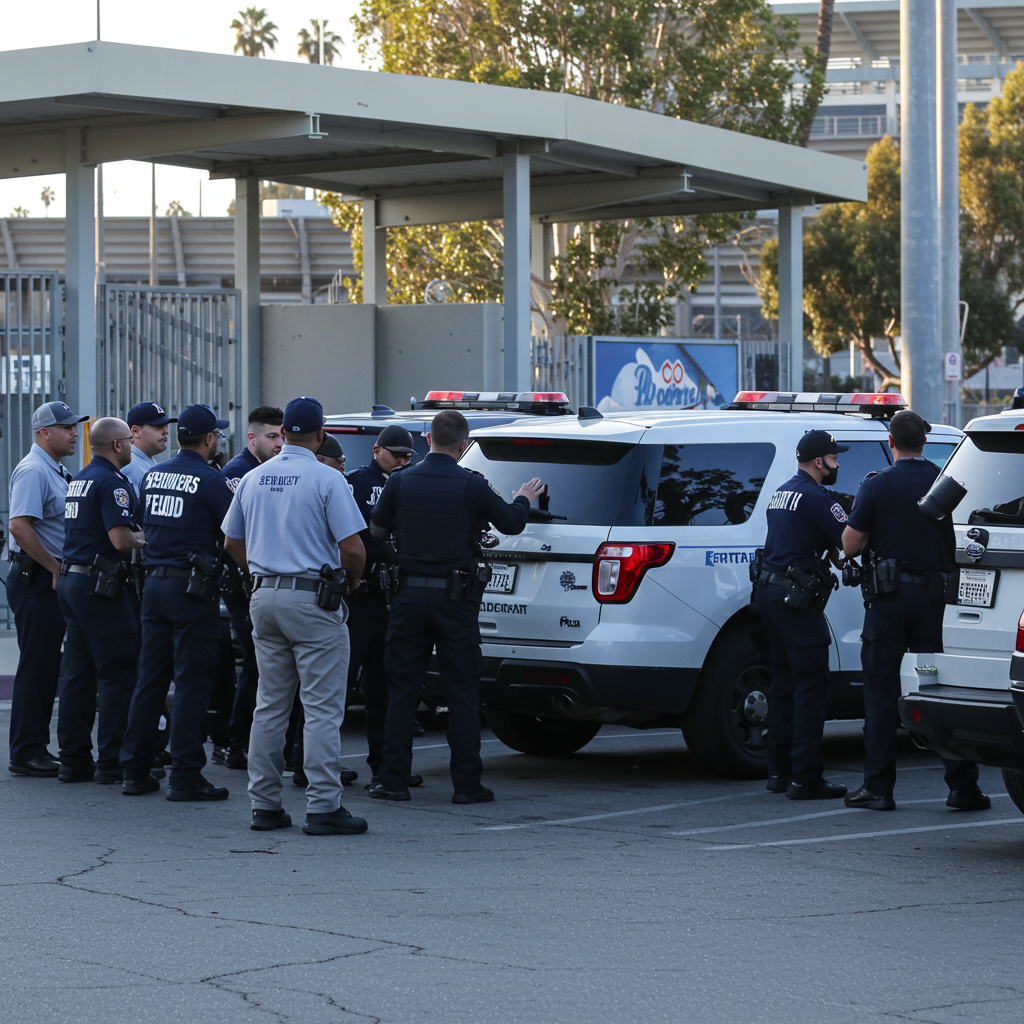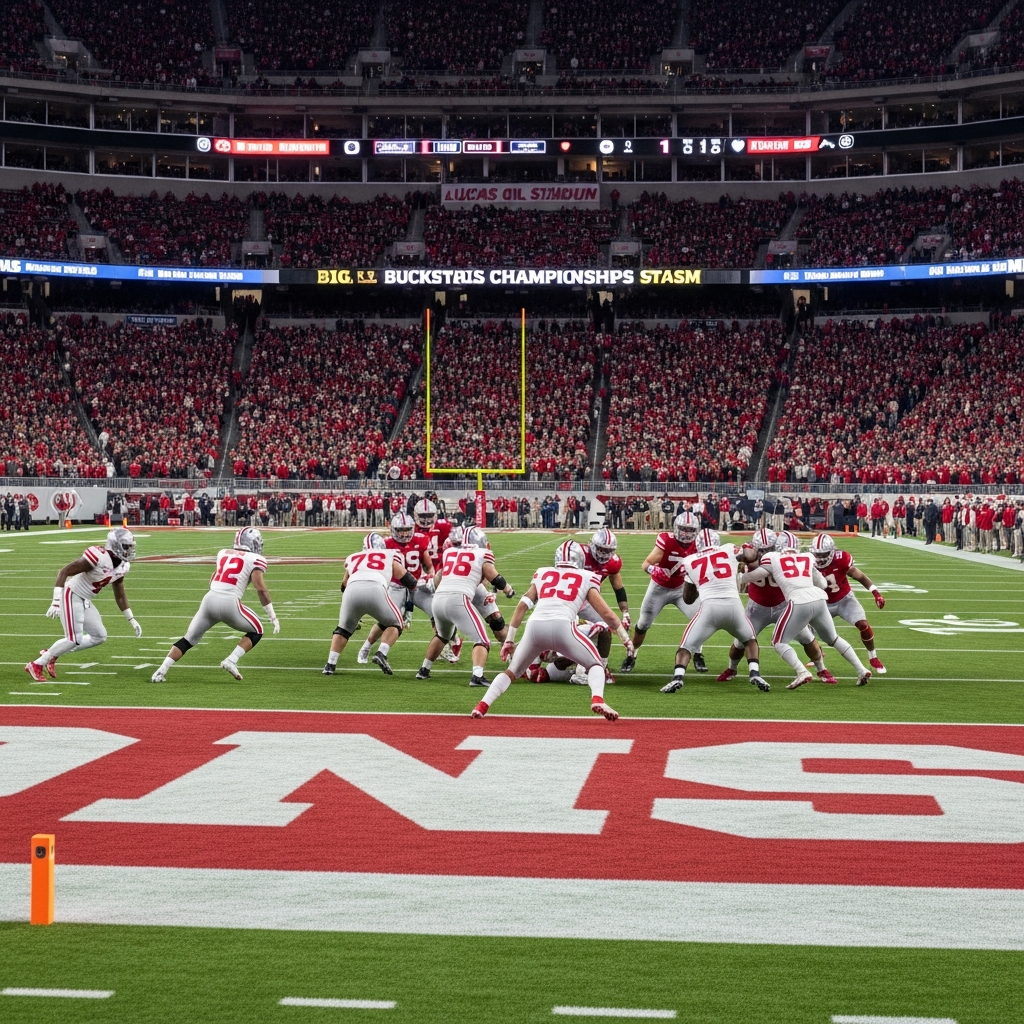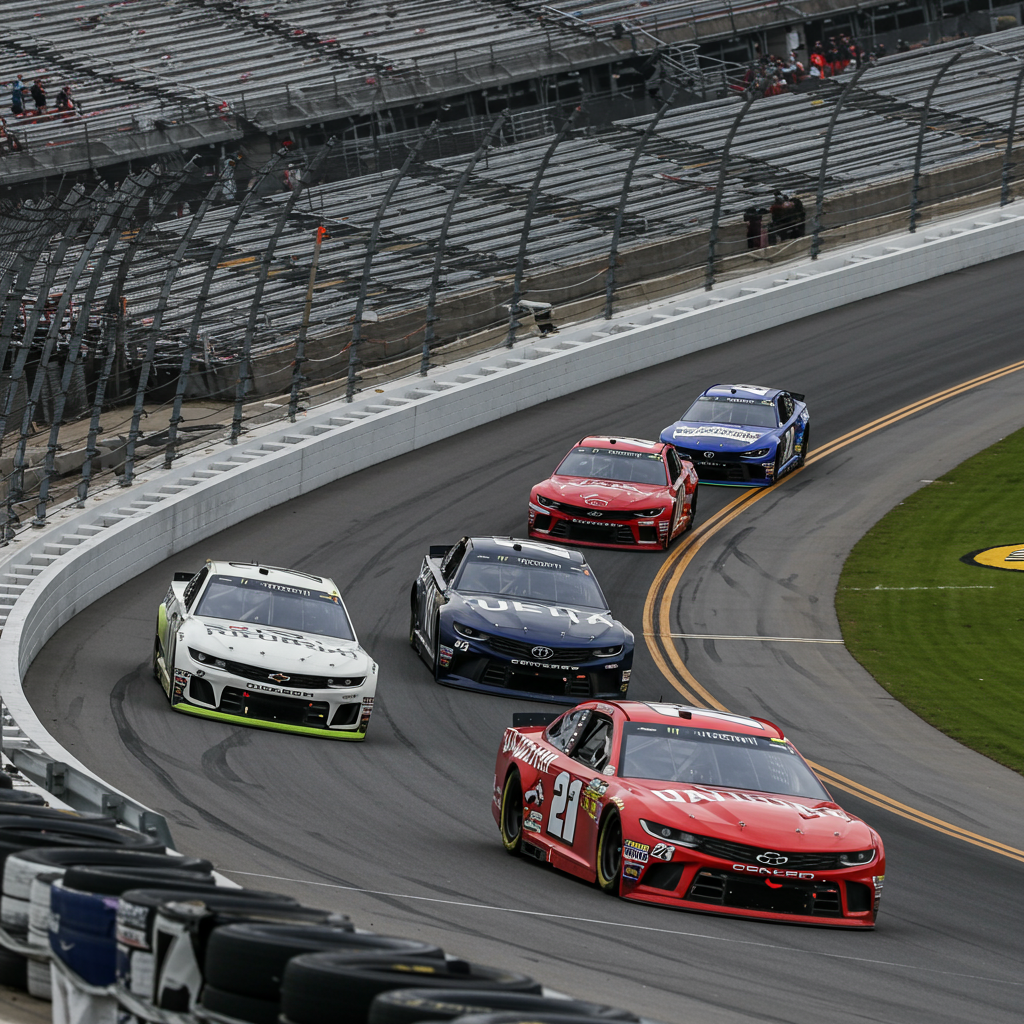Dodger Stadium Incident: Team Blocks Federal Agents Amidst LA Immigration Crackdown
In an unprecedented incident on Thursday, June 19, 2025, the Los Angeles Dodgers organization denied federal agents access to the grounds of Dodger Stadium. The event unfolded against a backdrop of intensified immigration enforcement actions and growing protests across the Los Angeles area.
Early Thursday morning, around 8 a.m., a convoy of unmarked vehicles, including vans and SUVs believed to contain federal agents, attempted to enter Dodger Stadium through Gate A off Vin Scully Avenue. According to the team, security personnel denied them entry. The same scenario reportedly occurred when the agents attempted access via Gate E.
Conflicting Accounts Emerge
The Dodgers organization confirmed the denial of entry in a statement, asserting that “ICE agents came to Dodger Stadium and requested permission to access the parking lots. They were denied entry to the grounds by the organization.”
However, federal agencies offered differing accounts. Immigration and Customs Enforcement (ICE) publicly denied that their agents were present at the stadium. The Department of Homeland Security (DHS), which oversees multiple agencies including ICE and Customs and Border Protection (CBP), released a statement identifying the personnel as CBP agents. DHS claimed their presence was “very briefly” within the stadium parking lot and “unrelated to any operation or enforcement,” stating it “had nothing to do with the Dodgers.”
Despite the official denial of an operation, witness accounts and reports linked some vehicles seen at Dodger Stadium to an earlier immigration raid at a Home Depot in Hollywood where arrests were made. Furthermore, one witness quoted a CBP officer near the stadium who reportedly stated agents were there to process detainees to avoid public interference at the raid site. This suggested the agents’ presence was, in fact, connected to ongoing enforcement activity despite official claims to the contrary.
Protests Follow Presence
As reports of the federal agents’ presence circulated, protesters began gathering near the stadium entrance, holding signs and voicing opposition to immigration enforcement with chants like “ICE out of LA!” Los Angeles Police Department officers were also present, initially forming a line near the gates before withdrawing to their vehicles. Local officials, including City Councilmember Eunisses Hernandez, arrived, highlighting the Dodgers’ right as a private entity to deny access to their property.
Context: Raids, Pressure, and the Dodgers’ Position
The incident at Dodger Stadium occurred amidst two weeks of escalating civil unrest in Los Angeles triggered by increasingly aggressive federal immigration raids. These actions, part of a national push for mass deportations under the Trump administration that has seen the deployment of military and National Guard troops to the area, have resulted in dozens of arrests and sparked widespread protests.
The Los Angeles Dodgers, with their significant Latino fanbase and deep historical ties to the city, had been facing growing public pressure to take a stance or offer support to communities affected by the raids. The team was reportedly scheduled to announce plans to assist immigrant communities on Thursday but postponed the announcement following the morning’s events at the stadium. Team President Stan Kasten confirmed the delay, citing the need to firm up details but also acknowledging the day’s occurrences.
While the action of denying federal agents entry was seen by some as a positive step, some fans and community members expressed disappointment over the team’s perceived silence in the preceding weeks of unrest. Dodger utilityman Kiké Hernández was one of the few within the organization to speak out publicly, sharing his sadness and anger on Instagram regarding the impact of the raids on the community he considers his “second home.”
The situation at Dodger Stadium brought the contentious issue of immigration enforcement directly to a highly visible public landmark, further highlighting the tensions between federal actions, community concerns, and the role of private institutions in Los Angeles.



